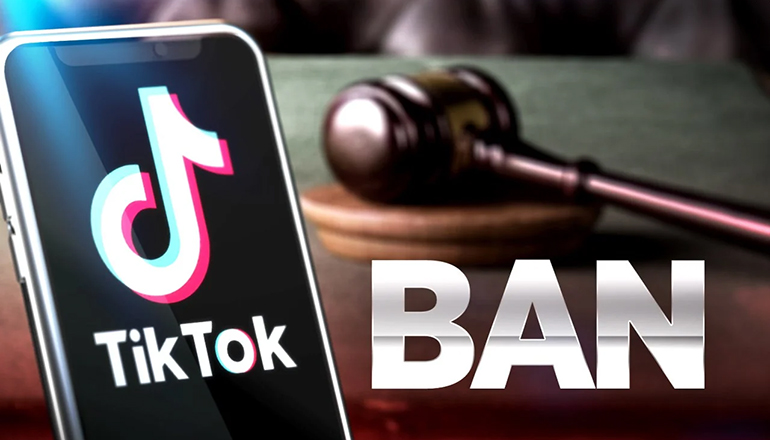Current Status of TikTok Ban in the U.S. and Its Implications
As of January 17, 2025, the U.S. Supreme Court has unanimously upheld a federal law that mandates the banning of TikTok unless its parent company, ByteDance, divests its U.S. operations. This ruling has significant implications for the popular social media platform, which has been under scrutiny due to its ties to China and concerns over national security.
Background of the Ban
The legal battle surrounding TikTok has been ongoing for several years, primarily fueled by fears that the app could be used by the Chinese government to access sensitive user data. The Biden administration has taken a firm stance on this issue, arguing that TikTok poses a national security threat due to its ownership by a Chinese company. The law upheld by the Supreme Court requires TikTok to find a new, non-Chinese owner or face a nationwide ban, which is set to take effect imminently.
Key Developments:
Supreme Court Ruling: The Supreme Court's decision came after a series of legal challenges and public hearings where TikTok's CEO, Shou Zi Chew, defended the app's operations and denied any wrongdoing. The court's ruling is seen as a significant victory for those advocating for stricter regulations on foreign-owned tech companies.
TikTok's Response: TikTok has argued that a sale is impractical, citing its global operations and the potential for China to block the export of its essential video-recommendation technology. The company has consistently maintained that it does not share user data with the Chinese government.
Public Reaction: The ruling has sparked a mixed response from the public and lawmakers. Some view it as a necessary step to protect American users, while others see it as an infringement on freedom of speech and a potential overreach of government power.

Implications for Users and the Market
The impending ban raises several questions about the future of TikTok in the U.S. and its impact on users:
User Data: Existing users may face challenges in accessing their accounts and data if the ban is enforced. TikTok has provided guidance on how users can back up their data in anticipation of the ban.
Market Alternatives: As TikTok users prepare for the possibility of losing access to the app, many are exploring alternatives. The Chinese app Xiaohongshu (also known as RedNote) has seen a surge in downloads as users seek a similar platform.
Economic Impact: The ban could have significant economic repercussions, not only for TikTok but also for content creators and businesses that rely on the platform for marketing and engagement.
Future of TikTok and Global Relations
The situation surrounding TikTok is emblematic of the broader tensions between the U.S. and China. The app's fate could influence future negotiations and relations between the two countries, particularly in the tech sector.
Key Considerations:
International Relations: The U.S. government's actions against TikTok may set a precedent for how other countries approach foreign-owned tech companies, potentially leading to a wave of similar bans or regulations.
Legislative Actions: The ongoing debate in Congress regarding tech regulation and national security will likely continue to evolve, with TikTok serving as a focal point for discussions about data privacy and foreign influence.

The Supreme Court's ruling to uphold the TikTok ban marks a pivotal moment in the ongoing saga of the app's future in the U.S. As the deadline for compliance approaches, both TikTok and its users are left in a state of uncertainty. The implications of this decision extend beyond the app itself, touching on issues of national security, data privacy, and the complex relationship between the U.S. and China.
For more detailed updates, you can follow the live coverage on platforms like The New York Times and AP News.





